syn·site
in Johanna Flato's terms: an ever-evolving conceptual constellation, an entangled situating crystallized from a myriad of fragmented realities. Simultaneity and singularities dance in a swirling waltz of intertwined moments and spaces, each adding to the cacophony and harmony of this complex site. A syn-site is a living, breathing tapestry of the world, constantly rewriting its own narrative, always open to edits, always challenging what we have come to accept as static or fixed. It is a manifestation of a world that is anything but singular or isolated — it is a world that is complex, interwoven, and infinitely entangled.
in Johanna Flato's terms: an ever-evolving conceptual constellation, an entangled situating crystallized from a myriad of fragmented realities. Simultaneity and singularities dance in a swirling waltz of intertwined moments and spaces, each adding to the cacophony and harmony of this complex site. A syn-site is a living, breathing tapestry of the world, constantly rewriting its own narrative, always open to edits, always challenging what we have come to accept as static or fixed. It is a manifestation of a world that is anything but singular or isolated — it is a world that is complex, interwoven, and infinitely entangled.
SYN (along with, at the same time | from Greek SYN, with | ~SYNTHETIC) + SITE (N: point of event, occupied space, internet address; V: to place in position | from Latin SITUS, location, idleness, forgetfulness | ~WEBSITE ¬cite ¬sight), cf. SITE/NON-SITE (from Robert Smithson, A PROVISIONAL THEORY OF NONSITES, 1968)
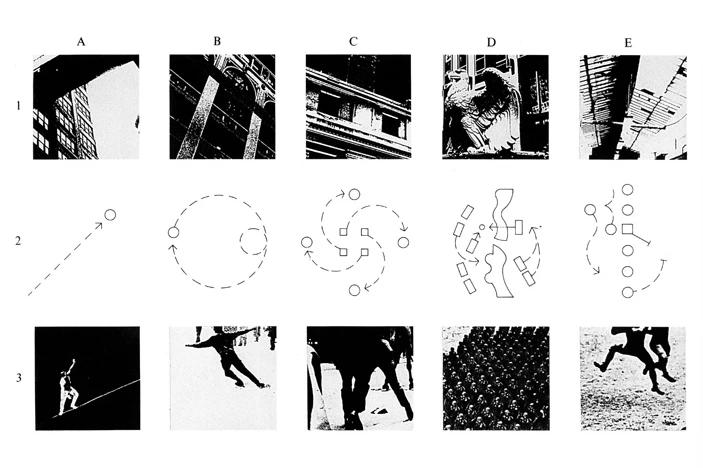





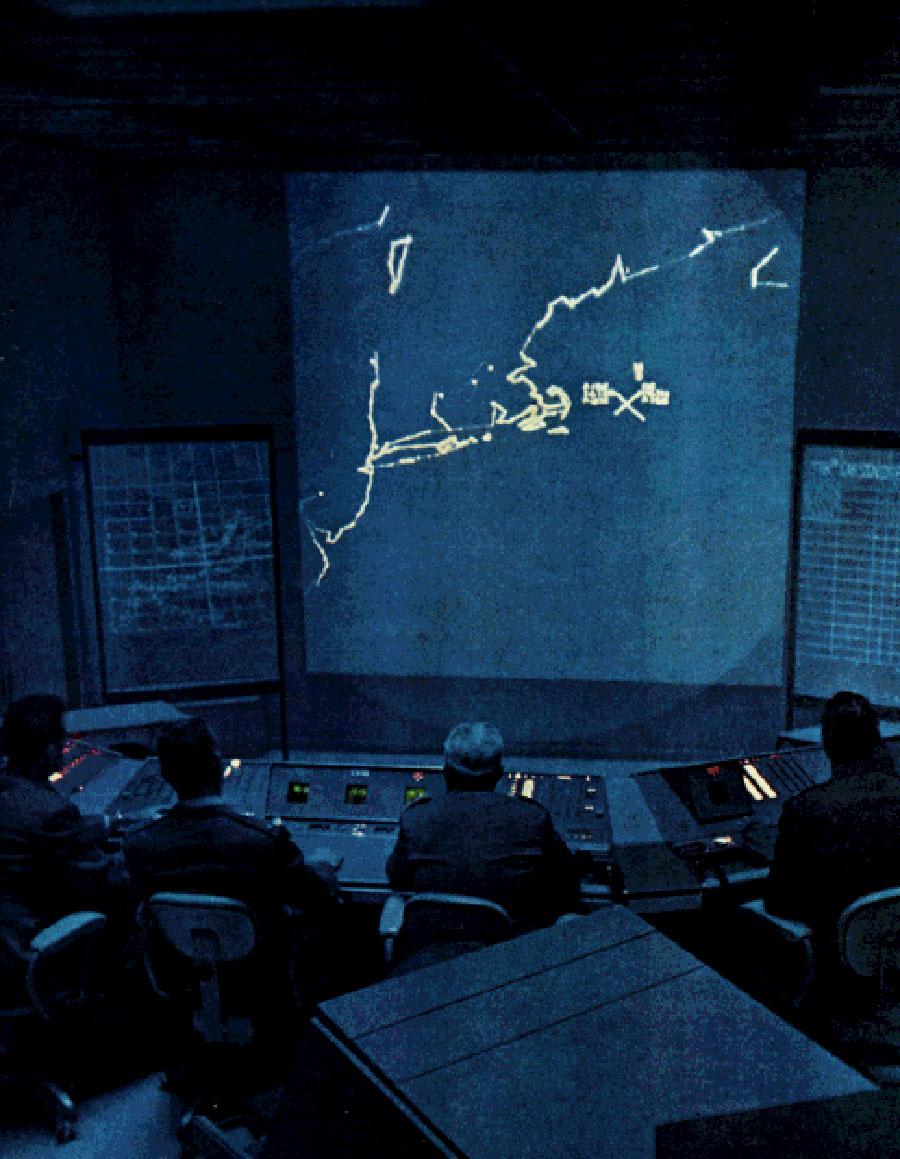


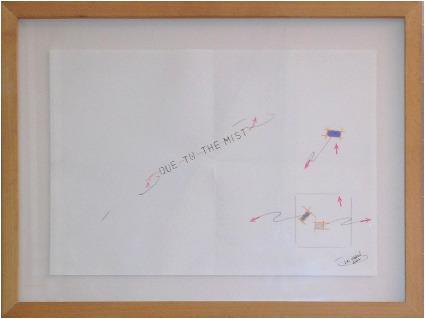


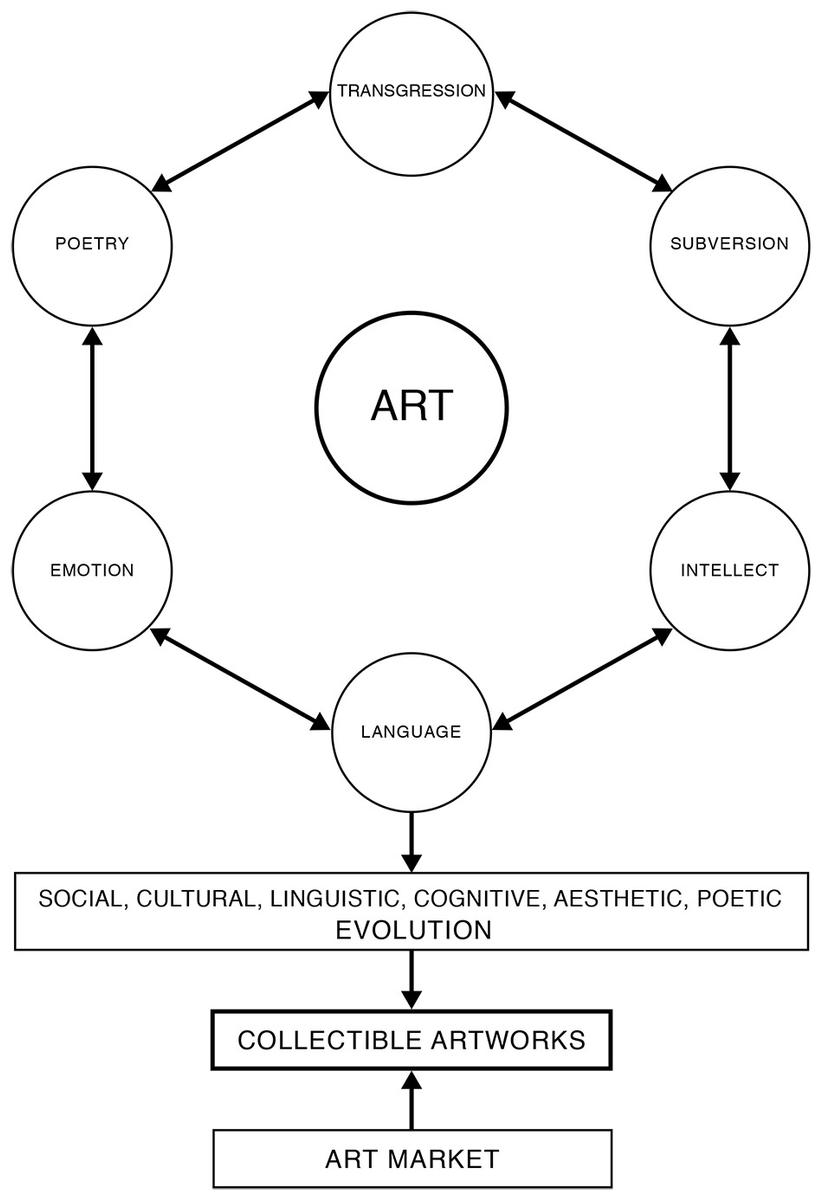


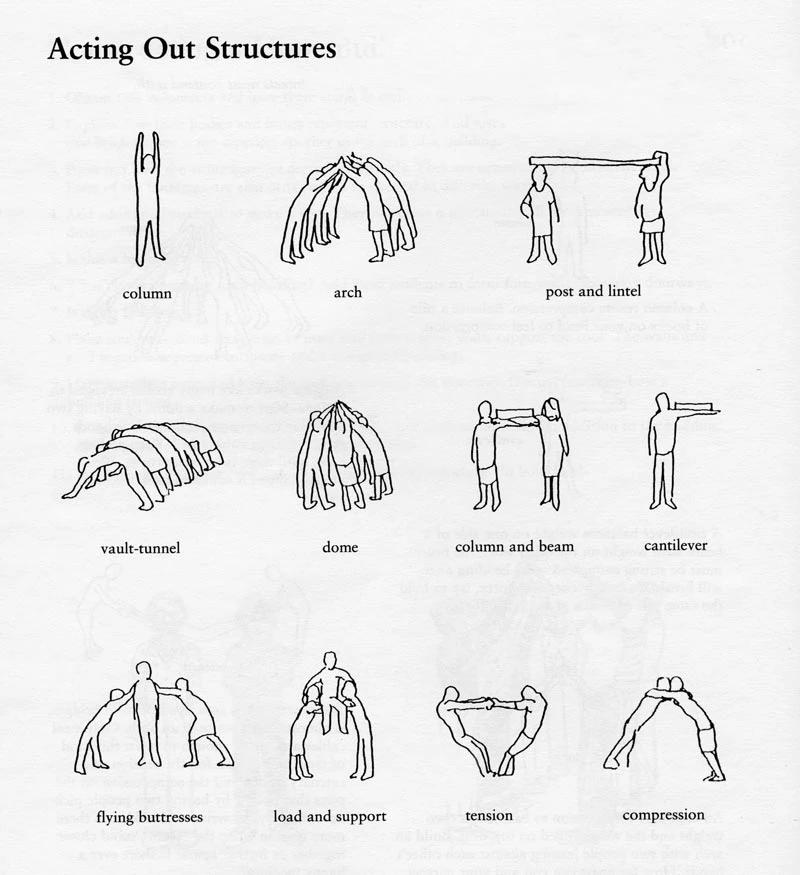


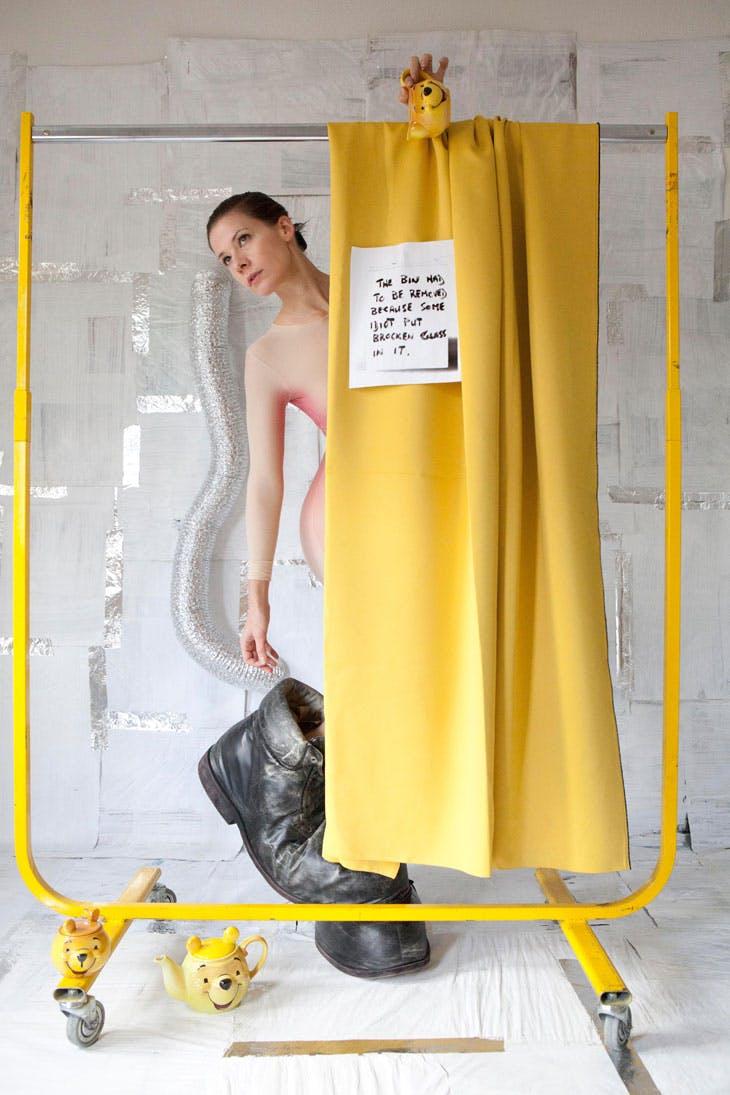


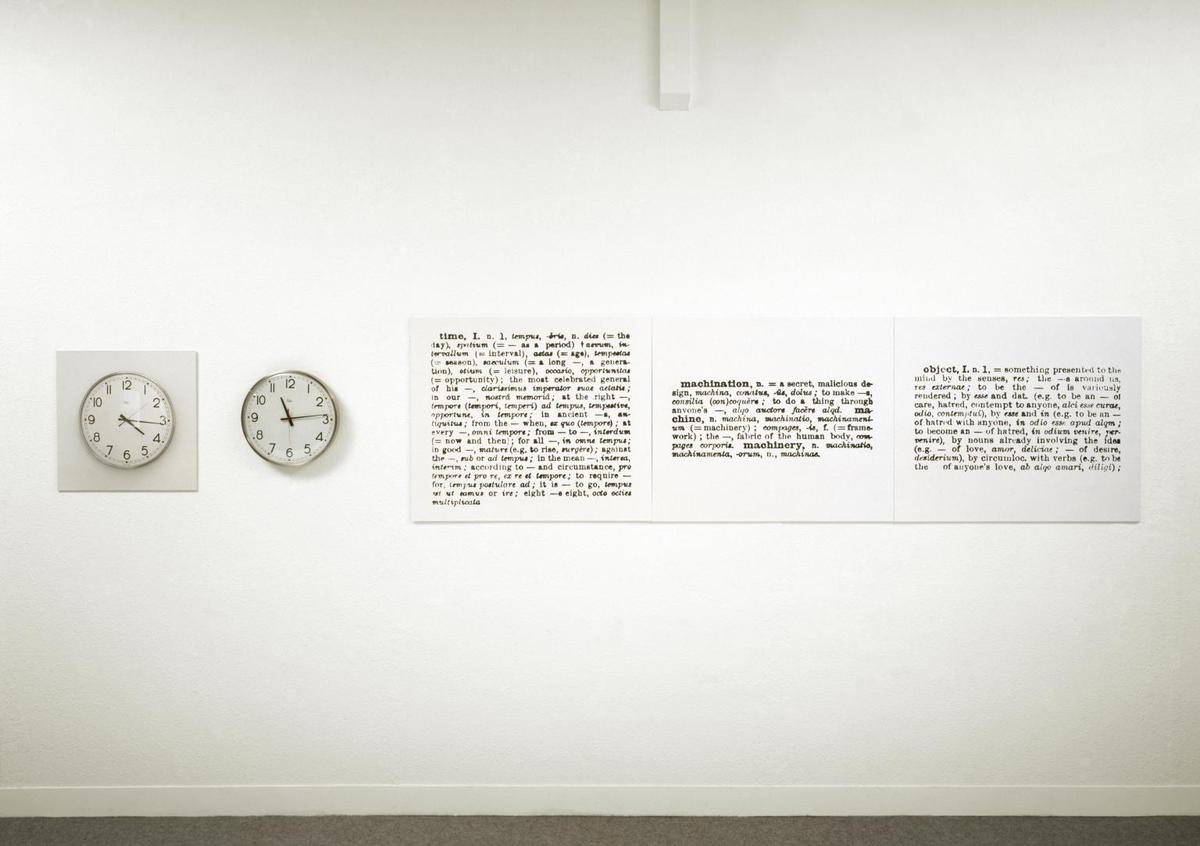


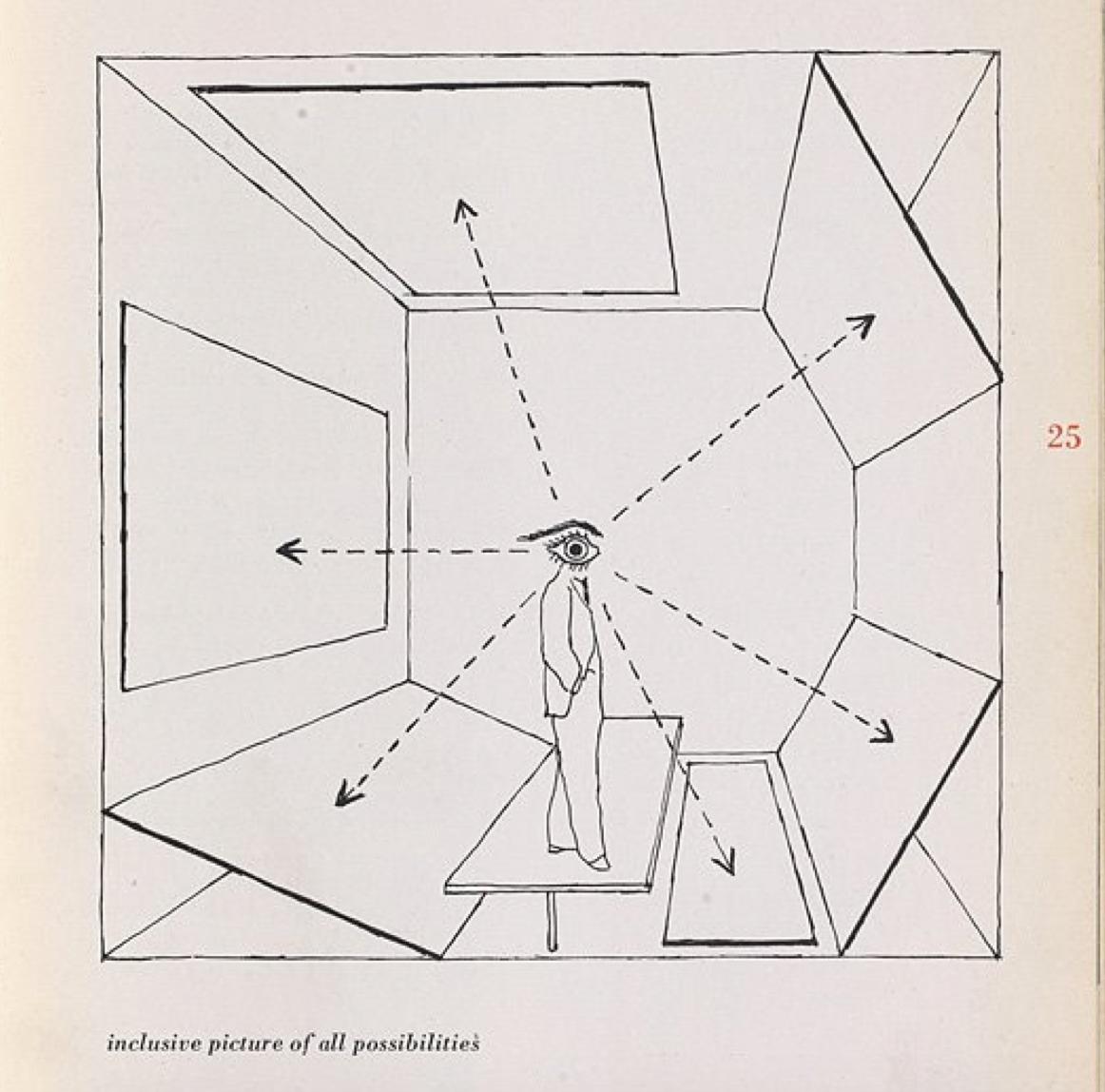


It is now less and less necessary for the writer to invent the fictional content of his novel. The fiction is already there. The writer’s task is to invent the reality.
It is now less and less necessary for the writer to invent the fictional content of his novel. The fiction is already there. The writer’s task is to invent the reality.
It is now less and less necessary for the writer to invent the fictional content of his novel. The fiction is already there. The writer’s task is to invent the reality.
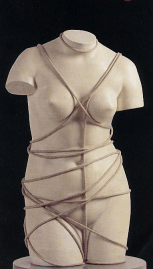


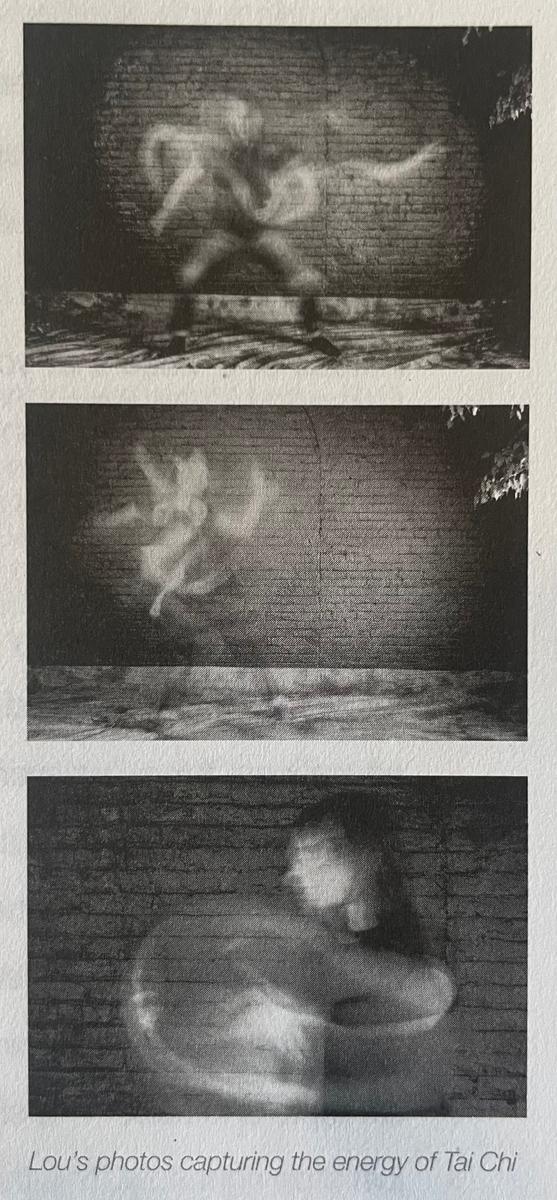


Alfred Korzybski remarked that "the map is not the territory" and that "the word is not the thing", encapsulating his view that an abstraction derived from something, or a reaction to it, is not the thing itself.
Alfred Korzybski remarked that "the map is not the territory" and that "the word is not the thing", encapsulating his view that an abstraction derived from something, or a reaction to it, is not the thing itself.
Alfred Korzybski remarked that "the map is not the territory" and that "the word is not the thing", encapsulating his view that an abstraction derived from something, or a reaction to it, is not the thing itself.
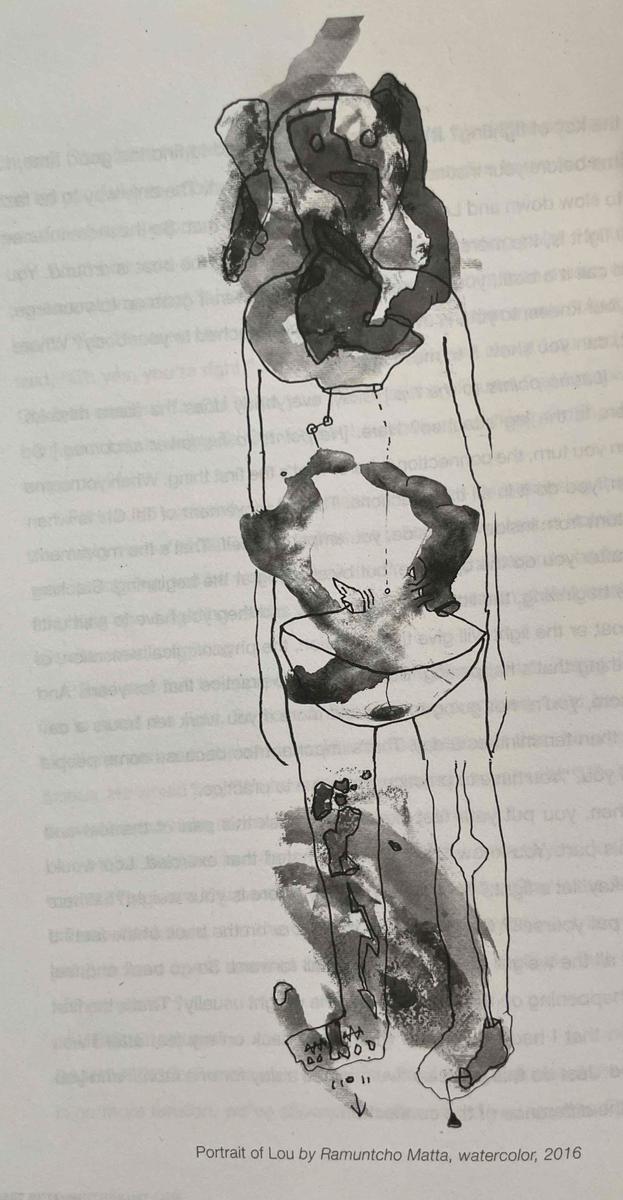


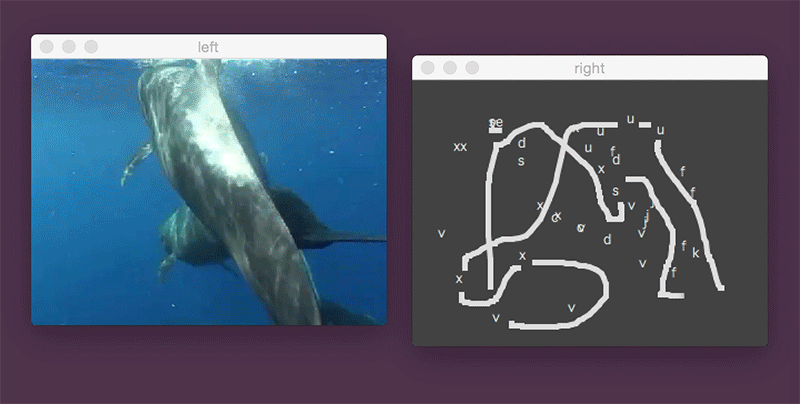


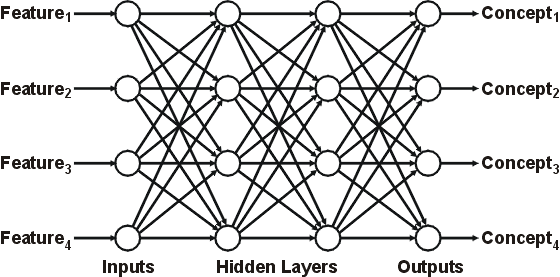


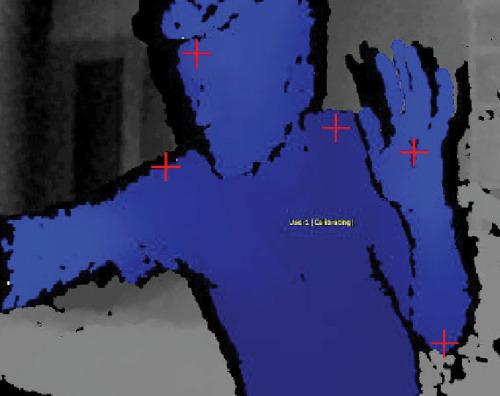


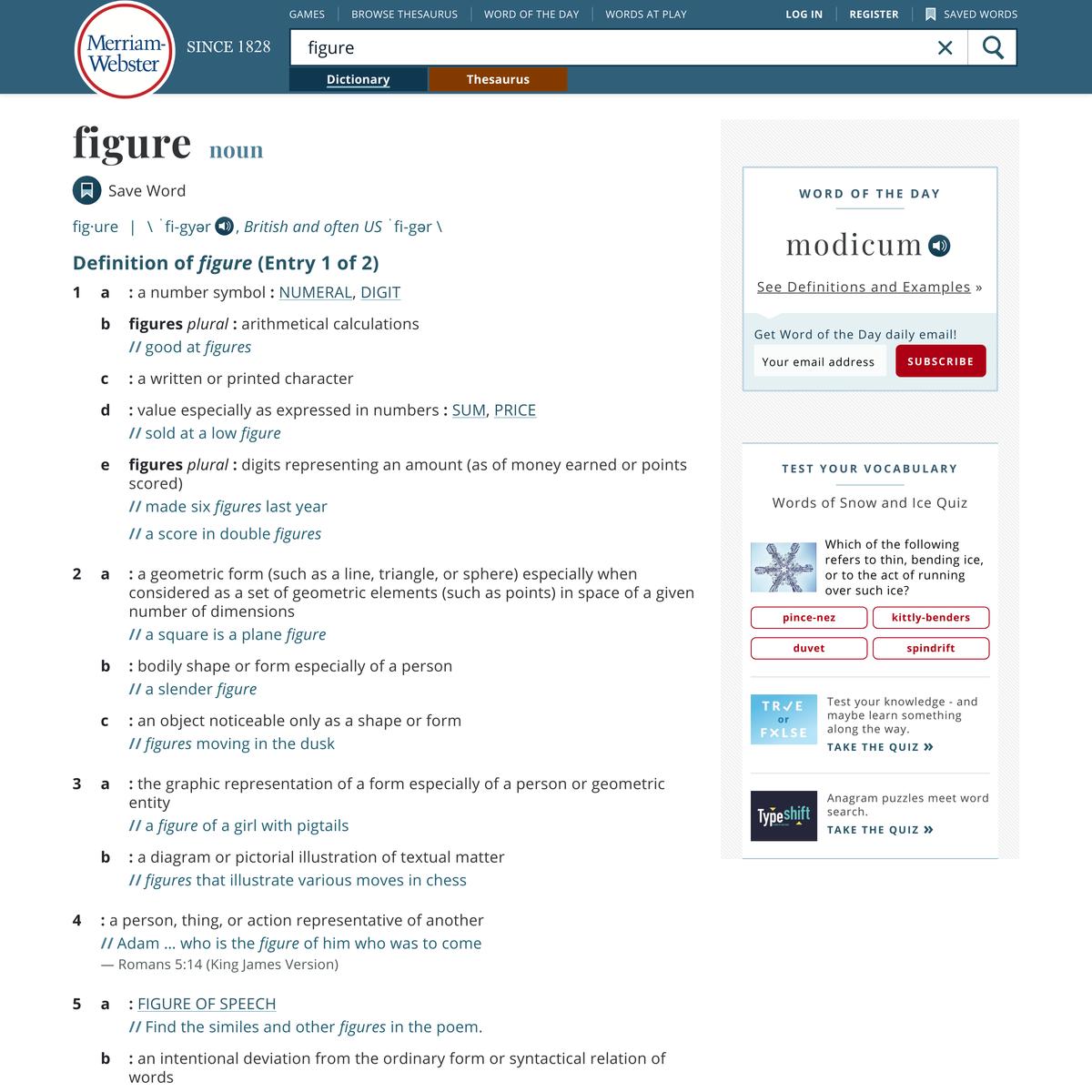


A Glitch Feminist acknowledges the value of visuality, and the revolutionary role that digital practice has in expanding the construction, deconstruction, and re-presentation of the female-identifying corpus. We acknowledge that the rigidity of digital dualism needs to be retired, as it plays into binaries of real/virtual that parallel the rampantly socialized figuration of male/female.
A Glitch Feminist acknowledges the value of visuality, and the revolutionary role that digital practice has in expanding the construction, deconstruction, and re-presentation of the female-identifying corpus. We acknowledge that the rigidity of digital dualism needs to be retired, as it plays into binaries of real/virtual that parallel the rampantly socialized figuration of male/female.
A Glitch Feminist acknowledges the value of visuality, and the revolutionary role that digital practice has in expanding the construction, deconstruction, and re-presentation of the female-identifying corpus. We acknowledge that the rigidity of digital dualism needs to be retired, as it plays into binaries of real/virtual that parallel the rampantly socialized figuration of male/female.